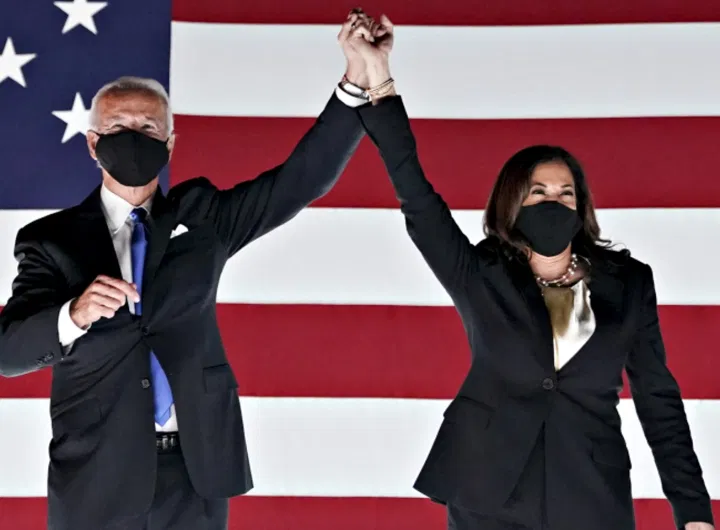Alex Jones, a man who learned human motivation early on as a Pentecostal minister and parlayed that skill into a ‘shock jock’ persona willing to disseminate the most extreme conspiracy theories, does not deserve our concern for his banishment from digital media.
But this is about much more than Alex Jones.
In The Beginning
In 1787, as the final day of deliberation for the United States Constitution came to a close, a woman asked Dr. Benjamin Franklin, “Well Doctor, what have we got — a republic or a monarchy?”
He replied, “A republic…if you can keep it.”
Franklin realized that the Constitution alone could not preserve the integrity of the United States. Although government derives its power from the consent of the governed, it requires the active participation of informed citizens in order to function. In today’s climate of ‘Reality TV’ and constant manipulation of publicly available information, it’s no surprise to see popular apathy and low voter turnout. Our Constitutional Democratic Republic is in great danger.
Freedom Of Speech
Following Jones’ unceremonious removal from Facebook, YouTube, Apple, and Spotify, heated discussion arose about freedom of speech in the age of social media.
“I disapprove of what you say, but I will defend to the death your right to say it” means that people living in a free society should be able to express themselves openly, even when their ideas run counter to popular sentiment. The U.S. Constitution protects this right of expression, but its power is limited to occasions when the government itself restricts our freedom of speech.
In Jones’ case, no government action took place. Numerous private sector digital media outlets ejected him from their respective platforms. They justified removing Jones by referring to their terms of service agreements.
FACEBOOK: “glorifying violence, which violates our graphic violence policy, and using dehumanizing language to describe people who are transgender, Muslims and immigrants, which violates our hate speech policies.”
YOUTUBE: “When users violate … policies repeatedly, like our policies against hate speech and harassment or our terms prohibiting circumvention of our enforcement measures, we terminate their accounts.”
APPLE: “Apple does not tolerate hate speech, and we have clear guidelines that creators and developers must follow to ensure we provide a safe environment for all of our users.”
SPOTIFY: “Spotify can confirm it has removed specific episodes of ‘The Alex Jones Show’ podcast for violating our hate content policy. Content that expressly and principally promotes, advocates, or incites hatred or violence against a group or individual based on race, religion, gender identity or sex among other characteristics, is regarded as hate content.”
OK, so what’s the big deal?
Control Of Information
As public discourse evolved from face-to-face interaction coupled with television and print media to the endless options available online, the law has struggled to keep up with rapidly changing technology. Click To TweetAnalysis of Jones’ dilemma requires us to revisit the 1996 Communications Decency Act. Cary Sherman, outgoing Chairman and CEO of the Recording Industry Association of America beautifully captured the essential tension between standard U.S. common law and the rather knee-jerk reaction of legislators in the late 1990’s and early 2000’s to the growth of the Internet:
Big Tech Likes to “Move Fast and Break Things.” Government Doesn’t Move Fast.
In the late 1990’s and early 2000’s, tech companies were all the rage and governments wanted to propel them forward. So, the U.S. Congress gave us Section 230 of the Communications Decency Act, and the DMCA safe harbors; and in the EU, the e-commerce directive. Result? A free pass for tech platforms, who had government permission to willfully ignore their role in sex trafficking, opioid sales, terrorist propaganda, Russian election meddling, counterfeiting and piracy, and an epidemic of weaponized fake news that led to . . . . well, you know.
Compare that to common law in the U.S.: which imposes an obligation on companies producing a new product with a foreseeable risk of harm to take reasonable steps to mitigate that risk. That’s the law that might have applied in the absence of government intervention to give tech platforms a free pass.
That free pass has caused incalculable harm, because not only did it absolve tech companies of any responsibility to prevent harm, it actually incentivized them to be willfully blind to the harm (because if they were aware of it they might have some obligation to do something about it).
Those incentives must be changed. Our experience with Section 230 and the DMCA show us that legislating in a one-off, reactive way will not stand the test of time, particularly in a period of rapid change. Laws need to be built around longstanding, tested principles.
Will Silicon Valley save us? Not bloody likely. A growing segment of the ‘Lords of Technology’ has embraced a neoreactionary stylings of a blogger called Mencius Moldbug. He and others have crafted a DIY ideology: “a little Steve Jobs here, a little Ayn Rand there, and some Ray Kurzweil for color.” Of Moldbug’s many disturbing pronouncements, perhaps the most severe was his call for a dictatorship, saying that we need “a national CEO [or] what’s called a dictator.”
Who would have imagined that the question from 1787, “what have we got — a republic or a monarchy,” would need to be revisited in 2018.
Holly Blomberg
Latest posts by Holly Blomberg (see all)
- Alex Jones: Our Canary In A Coal Mine - August 9, 2018
- Radical Malfeasance: Drugging Immigrant Kids And Dividing Families - June 23, 2018
- Those Crazy Baldheads: Toadies Of U.S. Imperialism - June 4, 2018







